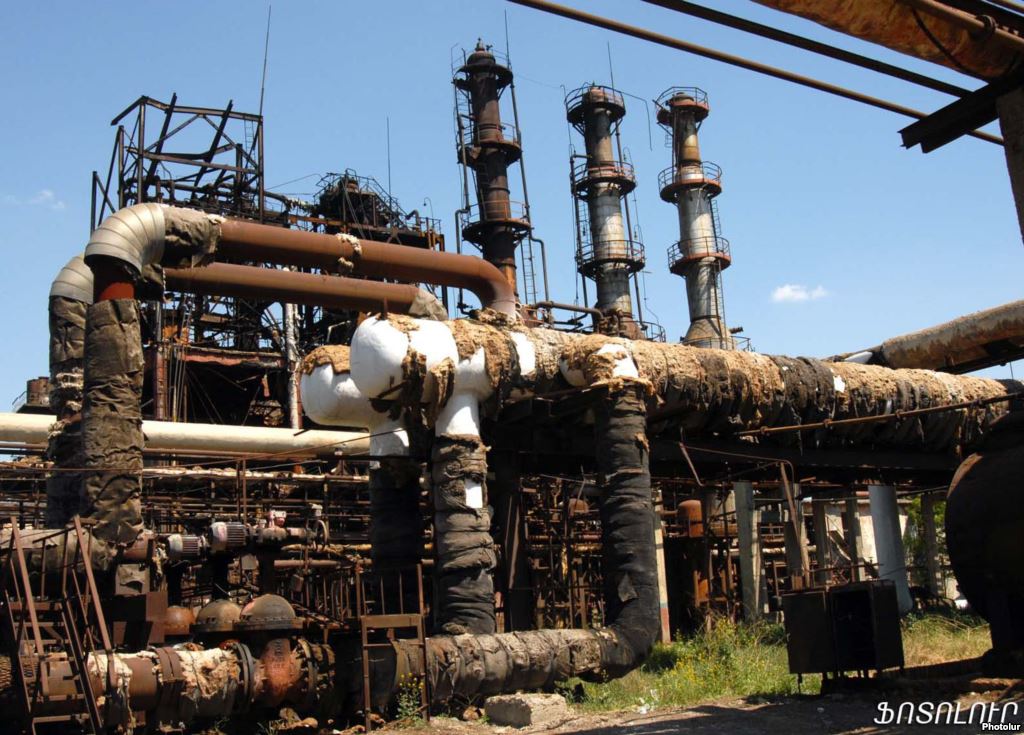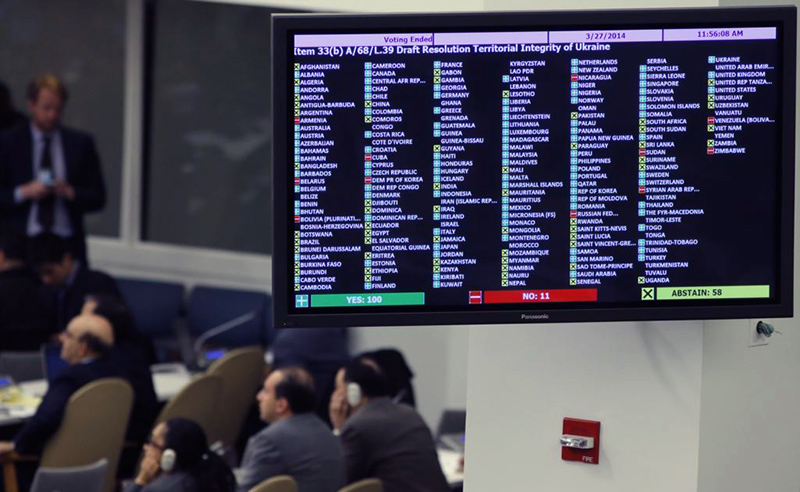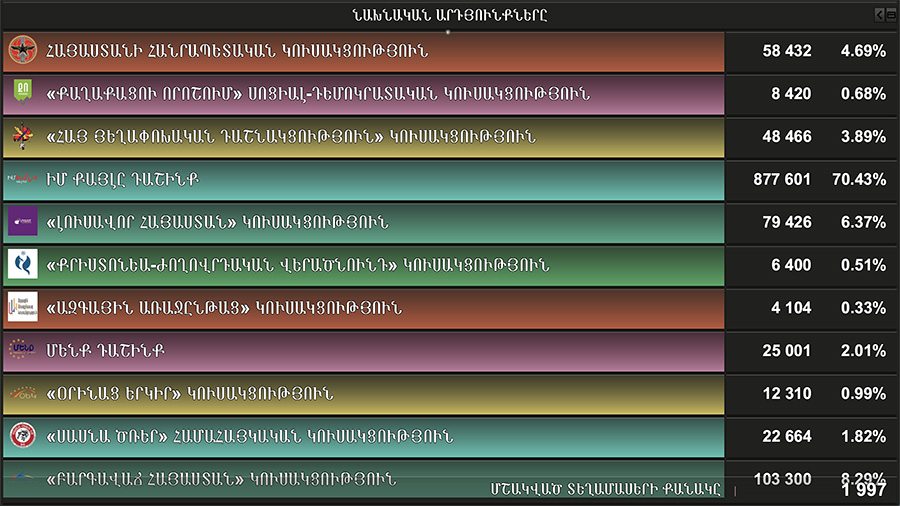YEREVAN (RFE/RL) — The debts of Armenia’s idling chemical giant, Nairit, will be included in the program on the plant’s reoperation, according to a government official.
Energy and Natural Resources Minister Armen Movsisian said on Friday that the loans borrowed for the repayment of wage arrears to the rubber plant’s employees will not become a burden for Armenian taxpayers.
A few days ago the minister said that the government planned to take a loan to repay Nairit’s debts that amount to tens of millions of dollars. He did not elaborate on the source and terms of crediting.
“These loans have nothing to do with the budget, they will be included in the plant’s reoperation program,” Movsisian explained.
Asked about when exactly the plant was set for re-launch, the minister replied: “We will announce it as soon as the roadmap becomes clear.”
Today Nairit, which employs more than 3,000 workers, most of whom are furloughed with partial pays, owes wages to its workers for more than a year. Its wage arrears alone amount to $14 million. The plant has also accumulated debts for electric power, natural gas and water that it has consumed as well as over other activities.
In January, by the decision of the Moscow Arbitration Court, Nairit’s owner, offshore company Rhinoville Property Limited with a 90-percent stake, was obliged to pay to the CIS Interstate Bank a sum of $107 million on account of outstanding loan commitments. Later, the same court ruled that more than $25 million should be levied from Nairit in favor of the Interstate Bank.
Karen Israyelian, who was Nairit’s director in 2005-2007, says that if Rhinoville Property Limited had lived up to its investment commitments, the company would not be in its current situation today. According to the former manager, the government also has its share of responsibility for this situation.
“Had the government managed to exercise proper control instead of trusting Nairit’s management it would be possible to prevent the current situation. By January 1, 2009, Rhinoville should already have invested $60 million, but it hadn’t. The government was aware of that and it could have overtaken the stocks from Rhinoville under the terms of the contract,” Israyelian said.
The main hope today for the reoperation of the plant that has been mostly idling in the last four years is connected with Russia’s largest oil company, Rosneft.
“Negotiations are in progress, the feasibility study is now being completed,” Energy Minister Movsisian said.
Last summer Rosneft hired a British company, Jacobs Consultancy, for conducting a technical audit at Nairit to determine the potential of the enterprise to produce chloroprene rubber from butadiene. According to Minister Movsisian, the audit findings on the technology have been positive.










